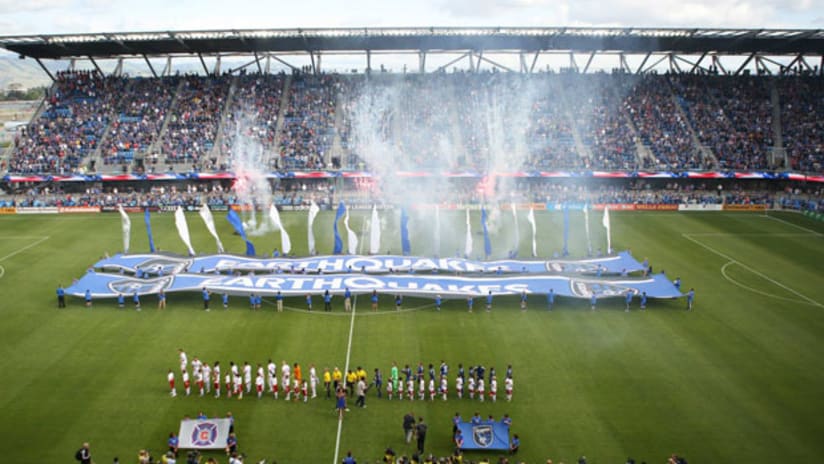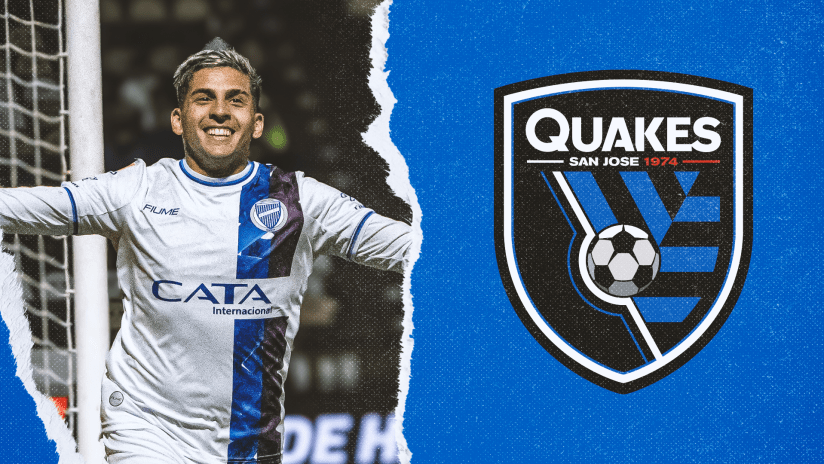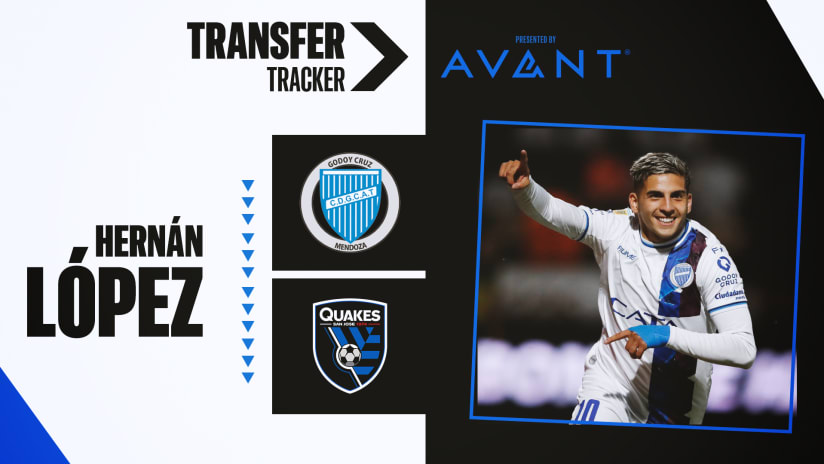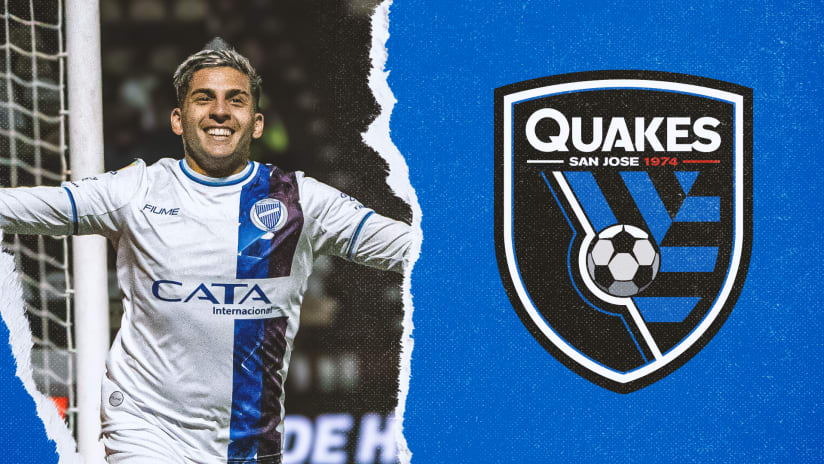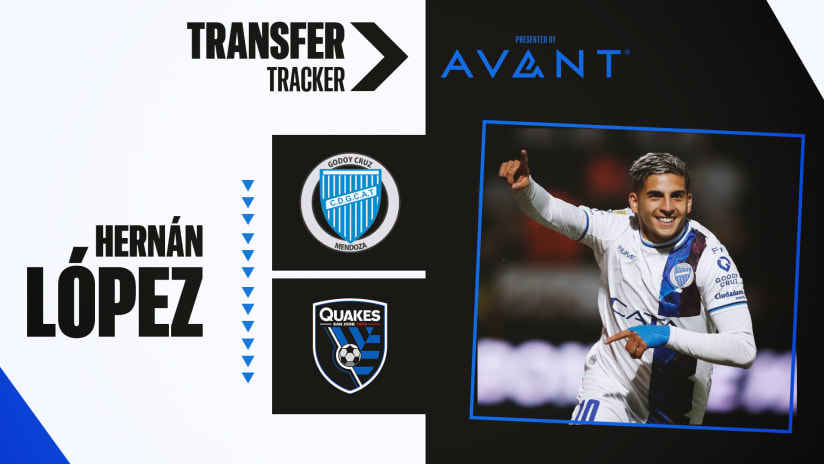SAN JOSE, Calif. -- There were six speakers on the raised platform that included luminaries as MLS deputy commissioner Mark Abbott, San Jose Earthquakes president David Kaval and San Jose mayor Sam Liccardo. Yet all six were overshadowed -- literally and figuratively -- by the real star of Thursday’s show:
Avaya Stadium.
As the Quakes and their guests celebrated the announcement that the 2016 MLS All-Star Game will be in San Jose, Abbott admitted “with total confidence” that the summer spectacular couldn’t have returned to the Bay Area without the club’s new 18,000-seat home.
“It was a go-to market for us when we started the league, but what we always needed was a stadium like Avaya Stadium,” Abbott told reporters. “And now that we have that, this is going to be one of the great markets in the US and, indeed, the world.”
Said Kaval: “The city and the [San Jose] Sports Authority have done an amazing job of packaging this stadium as a world-class venue for events. And I think we’re starting the see the results of that, and today is a great celebration of it. As we get more of these events, truly world-class, we’ll be able to have more things happening here. ... The community and economic impact of these things is tremendous.”
This will be the first All-Star Game for San Jose since the 2001 edition, which was held at Spartan Stadium and featured four goals from then-Quake Landon Donovan in a 6-6 tie between squads from the league’s respective conferences. The 2016 game will once again feature a best-of-MLS squad against another foreign opponent.
In the intervening 14 years, the soccer landscape has changed dramatically, with MLS going from 12 teams (which dipped to 10 after contraction in 2002) to 20 this season and just one soccer-specific stadium (in Columbus) to 14 such arenas.
“The commissioner [Don Garber] came out and did a tour of [Avaya] relatively late in the construction process,” Abbott said. “And he called me up and said, ‘You’ve got to get out there. You’re just going to have chills.’ So it exceeded our expectations.”
The Quakes’ $100-million complex opened earlier this year to similarly rave reviews, but team officials were not interested in the idea of adding this year’s All-Star Game -- which will be held in Colorado -- to the mix, preferring to wait until the initial glow wore off.
“I think the [2015] All-Star Game could have gotten lost,” Kaval told MLSsoccer.com. “So what I wanted to do was make sure we had one full year in the building, all the excitement of that inaugural season and then make the All-Star Game the lighthouse for the second year.”
- Get more San Jose Earthquakes news at SJEarthquakes.com
The longer-than-normal lead time -- this year’s game was announced six months in advance, and the 2014 version had a year-long buildup -- affords the Quakes a greater chance to integrate the rest of the week-long festivities into the Bay Area fabric.
“I think it just creates a better experience for everyone, to have the time and focus on year two,” Kaval said.
There’s also the exposure for Avaya, which has quickly become one of the Quakes’ best recruiting tools when talking to potential additions.
“The guy who’s probably more excited about this than anybody is [Quakes general manager] John Doyle,” Kaval said. “Because when he goes to Switzerland or France or England and we’re trying to sign players, to be able to have Avaya Stadium and this complex as a selling point, it’s a major differentiator.”

